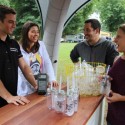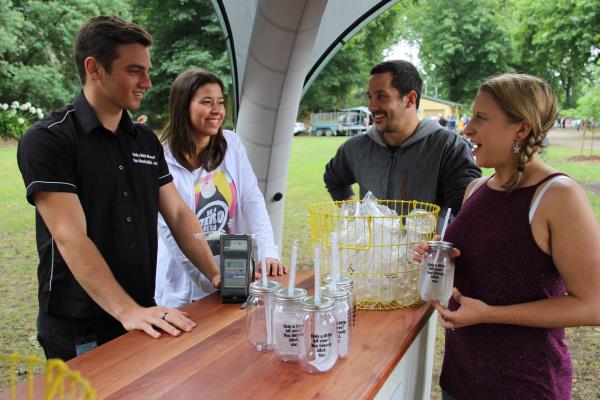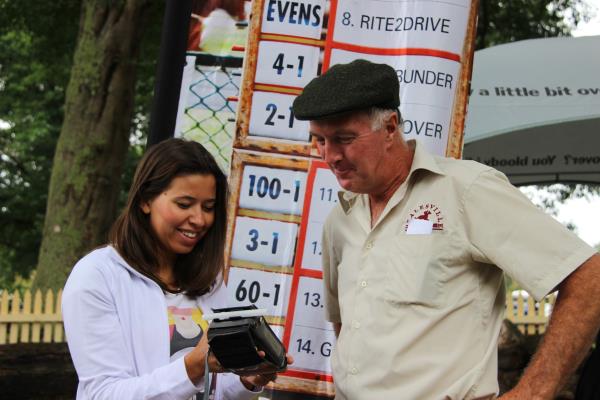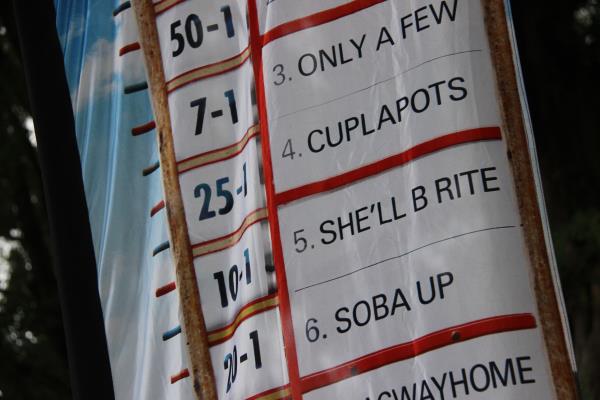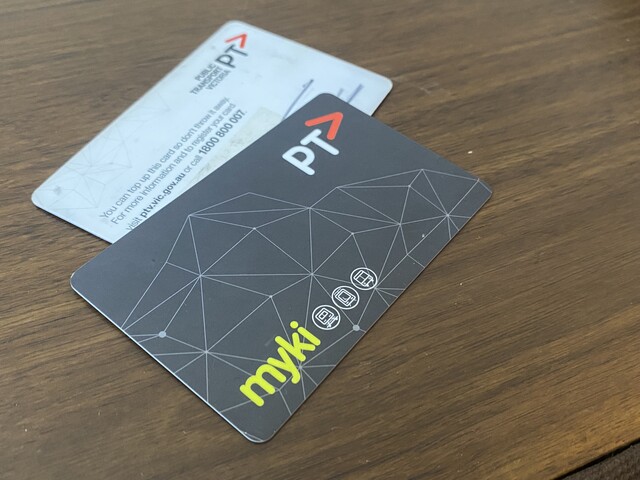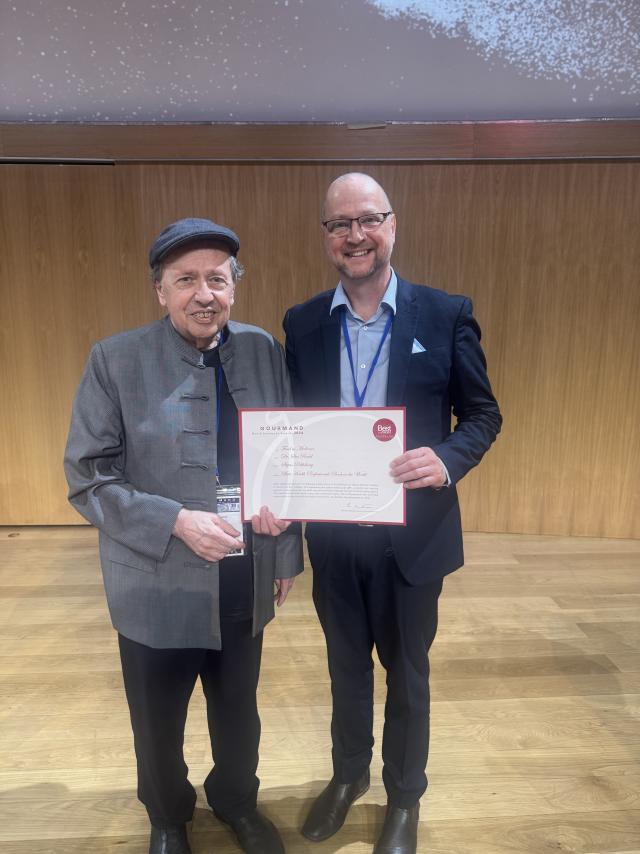By KATH GANNAWAY
AN AUSTRALIA Day police operation revealed a lot of “bloody idiots” on the roads.
Eleven drivers were detected with readings above the legal limit and a good number of them were “just a little bit over,” according to Sergeant Simon Coverley from Yarra Ranges Highway Patrol.
“I think the drink-driving message for a while there was getting through, but it appears from the figures we’re detecting, with people just over the limit with readings of .07, .08 and .09, it’s starting to slip back,” he said.
One of the frustrations for police is that these operations are well publicised particularly on the high-risk holidays, but the numbers show either blatant disregard, or ignorance.
“We’re telling people that we’re going out there and you will be checked, but there are drivers who still think they can drink to excess and then drive cars,” he said.
He said that often the excuse people gave was that they didn’t think they were over the limit.
“People don’t think they’re over on just a couple of drinks, and that they’re fine to drive. Often they’re surprised when they go over,” he said.
That response was backed up when the TAC provided a breathalyser and drink-driving awareness station at the Healesville races in January.
A lot of people were very surprised at their reading according to TAC testers Phillip Georgiou and Natasha Barnett, and just how little it takes to push the blood alcohol reading … just that little bit over.
It provided a guide to just how much a standard drink is, but other factors such as what you are drinking, how you are pacing yourself and whether you are also eating, come into it.
From a police perspective, all those things are incidental once you blow over .05.
“If there’s a chance you might be over, or just over, just don’t drive,” Sgt Coverley said.
“You may make it home one day, but not the next, or kill some other innocent person.
“You may want to risk your life, but no-one has the right to risk anyone else’s.”
The impact of road trauma doesn’t stop when the ambulance pulls away.
“That sort of trauma not only affects the people who have passed away or are injured, it affects the family members and friends who have to deal with the loss of a loved one, the emergency service personnel who carry that tragedy in the back of their minds for a long time, and others including members of the public who witness it, or stop to help,” he said.
“When you lose a loved one, especially if it’s kids, and the same with a wife or partner, some people just never recover and it affects their life forever.”
What might be one error of judgement can also see the driver’s life, and their family’s, affected with people who have never been in trouble with police ending up in jail. They can lose their licence, their jobs, sometimes their careers, and end up with substantial fines.
“You get very tired when you pull people over and they say they didn’t know, or they thought they would be all right,” Sgt Coverley said when asked about how police deal with the fact that despite the efforts being made to drive the message home, people are still drink-driving.
“Realistically, just don’t take the risk,” he said.
Nominate a designated driver if you’re going out in a group, and support that person by making sure they don’t have a drink. Call a taxi, or call a parent.
“I know, as a father, I may not be happy to be rung at 3am in the morning, but I’m a damn sight more happy knowing they’re home safely,” he said.
“Everyone deserves to get home to see their family – wife, kids, partners.”

